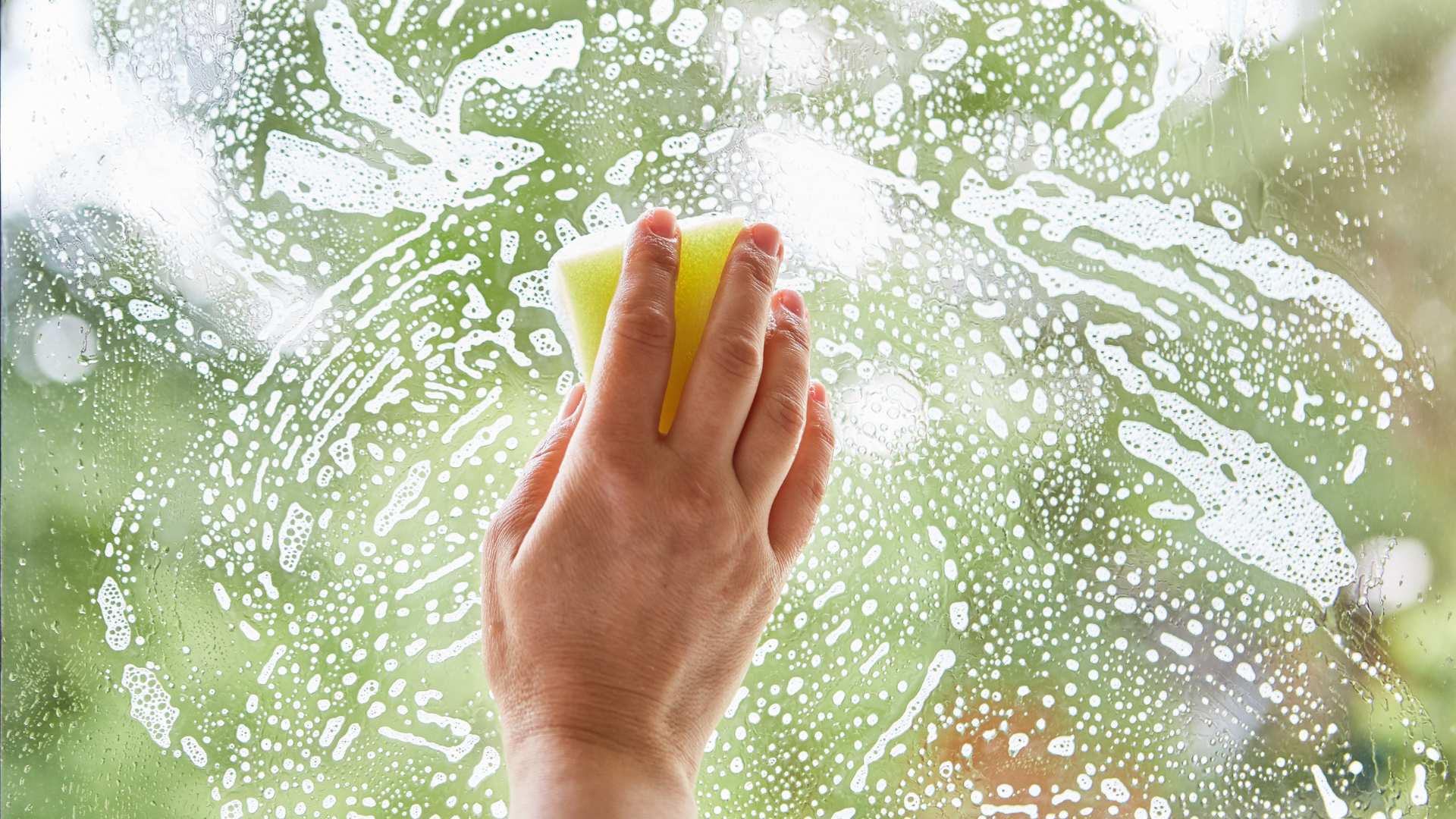The Intertwining Effect of Eating Disorders and Co-Occurring Mental Illnesses

By Thrive Sacramento’s Program Director, Gillie Francis, LCSW
Many people who struggle with eating disorders also suffer from co-occurring mental illnesses . According to the National Institute of Mental Health , 56 percent of people with anorexia nervosa, 94 percent of people with bulimia nervosa, and 78 percent of people with binge eating disorder (BED) struggle with at least one other mental health diagnosis. Eating disorders and co-occurring mental illnesses can dangerously exacerbate one another, requiring integrated treatment that targets all conditions.
MENTAL HEALTH CONDITIONS THAT COMMONLY CO-OCCUR WITH EATING DISORDERS
In addition to mental illnesses, eating disorders are frequently expressed alongside certain temperaments and thinking patterns. Find out which mental health conditions co-occur most frequently with eating disorders below.
Mental illnesses:
- Anxiety disorders
- Depression
- Obsessive-compulsive disorder (OCD)
- Substance use disorders
- Trauma and post-traumatic stress disorder (PTSD)
Temperaments and thinking patterns:
- Rigid thinking patterns
- Obsessional thinking
- Perfectionism
- Harm avoidance
- High threat sensitivity
- Reduced reward sensitivity
FACTS ABOUT THE BRAIN, EATING DISORDERS, AND CO-OCCURRING MENTAL ILLNESSES
Trauma and genetics contribute to the development of co-occurring mental health conditions.
Co-occurring mental health conditions may develop as a result of previous traumatic experiences in a person’s life. Additionally, individuals may have genetic predispositions to certain mental health conditions.
Eating disorders may serve as coping strategies for co-occurring mental illnesses.
While the exact relationship between eating disorders and co-occurring mental illnesses is still being explored, it’s believed that eating disorders and mental illnesses are influenced by shared dimensions in the brain. Maladaptive coping strategies, which are unhealthy or destructive ways to process emotions, originate within these parts of the brain. Individuals may use maladaptive coping strategies such as disordered eating behaviors to navigate the symptoms of a mental illness.
Everyone expresses mental health conditions and recovers differently.
No individuals experience eating disorders and co-occurring mental health conditions in the same way, so afflicted individuals should receive a comprehensive assessment and treatment plan from their clinical team to determine their exact diagnosis and unique path to recovery.
TREATMENT FOR EATING DISORDERS AND CO-OCCURRING MENTAL ILLNESSES
Effective treatment requires untangling psychological struggles.
Before beginning eating disorder treatment, clinicians assess a client’s current and underlying symptoms to provide them with a comprehensive understanding of their mental health. From their findings, clinicians create a treatment plan that includes specific evidence-based interventions to address the variety of the client’s symptoms.
Integrated treatment is the answer.
Integrated treatment can address a person’s eating disorder and associated mental illnesses. Integrated treatment involves multidisciplinary teams to ensure that the client’s medical and mental health are being nurtured. An integrated approach allows treatment teams to draw on each clinician’s specialties and collaborate on an individual’s care.
DEEPLY ROOTED EATING DISORDER RECOVERY
Clients receive integrated, multidisciplinary treatment at Thrive.
At Thrive, clients are met by a team of therapists, psychiatrists, dietitians, body-positive specialists, and mindful movement specialists who carefully collaborate to provide them with well-rounded eating disorder treatment. Using the latest research and integrating the most advanced evidence into our programming, we help clients holistically heal from eating disorders and co-occurring mental health conditions. You can learn more about our eating disorder treatment programs by getting in touch with us .
About the Author
Gillie Francis, LCSW — Thrive Sacramento’s Program Director
Gillie Francis received her master’s degree in Social Work at the University of Nevada and is a fully licensed LCSW in both Nevada and California. Her experience spans a variety of settings and levels of care including inpatient, residential, and outpatient and crisis services. Gillie has experience working with adults and adolescents with severe mental illness, eating disorders, mood and anxiety disorders, suicidal ideation, personality disorders and other co-occurring disorders. Gillian is passionate about honoring each individual’s journey and utilizes approaches that emphasize empowerment with clients. Approaching her work with integrated modalities, she works with individuals to find their voice and engage in pivoting towards their values. She believes that each individual has the capacity for meaningful change in their lives. When she is not working with clients, she enjoys time outdoors with her spouse and dog, Charlie.
The post The Intertwining Effect of Eating Disorders and Co-Occurring Mental Illnesses first appeared on Thrive Wellness.

Start your healing journey today
NEXT STEPS
Are you ready to find hope? We can't wait to connect you with the care you need. To get started with us, please reach out using the link below.

Obsessive Compulsive Disorder

Perinatal
Mental Health
Obsessive Compulsive Disorder
Perinatal
Mental Health
SITE MENU
THRIVE LOCATIONS
Reno, NV 89501
OCD & Anxiety Disorders
Luella Garvey House
Perinatal Mental Health
"It Takes A Village"
Virtual Program
All Rights Reserved | Thrive Wellness | PRIVACY POLICY





